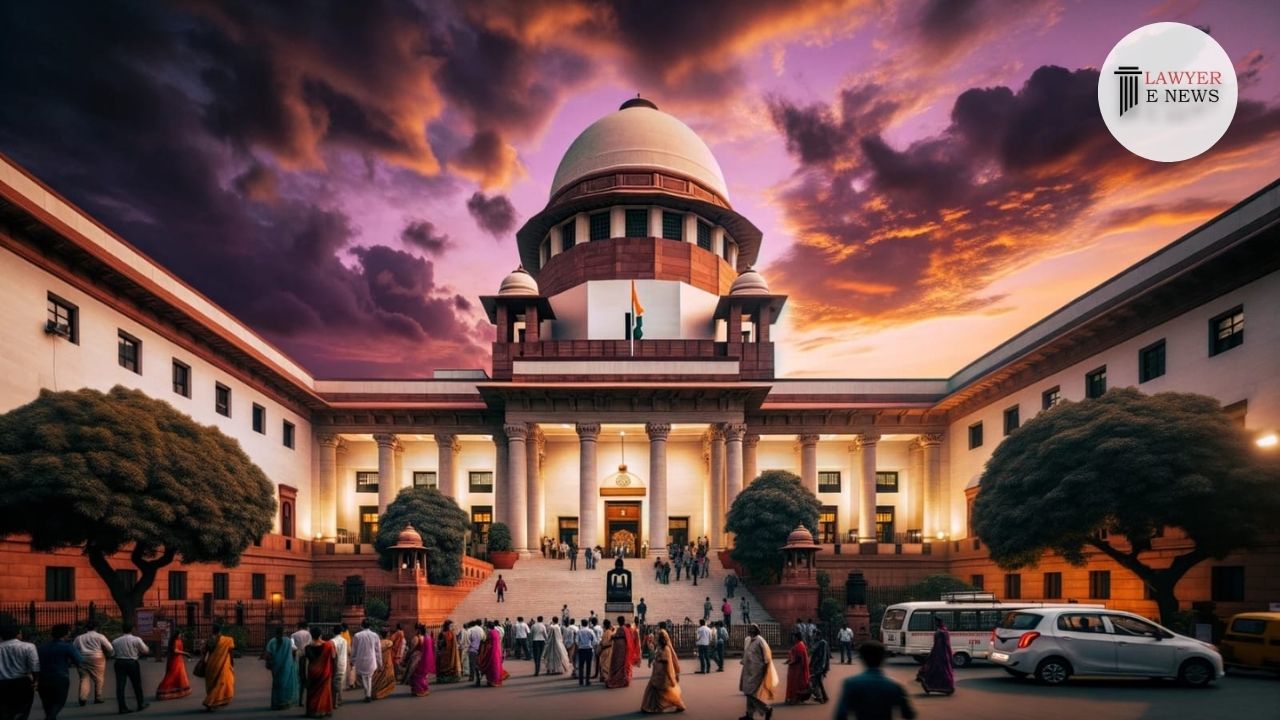-
by Admin
15 February 2026 5:35 AM



In a significant ruling, the Supreme Court of India has clarified the applicability of American judgments and upheld the constitutionality of Section 10 of the Unlawful Activities (Prevention) Act, 1967 (UAPA). The judgment, delivered by a three-judge bench headed by Justice Sanjay Karol, addressed the issue of whether American judgments can be solely relied upon in Indian constitutional matters. The court held that while American judgments have persuasive value, they cannot form the sole basis for conclusions in Indian cases. The bench further emphasized the distinction between the Indian and American constitutional provisions.
Justice Sanjay Karol, in the judgment, stated, "Placing reliance on decisions rendered in a distinct scenario as well as a demonstrably different constitutional position, that too almost singularly, especially in cases involving considerations of national security and sovereignty, was not justified."
The case primarily revolved around the constitutionality of Section 10 of the UAPA, which deals with the membership of unlawful associations. The court reaffirmed the validity of this provision, emphasizing the need for checks and balances and public notification before an association is declared unlawful. The court clarified that the prohibition pertains to organizations compromising the sovereignty and integrity of India, and not political organizations or free speech that criticizes the government.
The judgment also highlighted the differences between the Indian and American constitutional frameworks. It emphasized that the rights guaranteed under Article 19(1)(a) and Article 19(1)(g) of the Indian Constitution are subject to reasonable restrictions, while the First Amendment of the U.S. Constitution provides an absolute right to free expression. The court further noted that Indian courts will strike down laws that do not fall under the eight subject matters listed in Article 19(2) of the Indian Constitution.
The Supreme Court decision referred to several American judgments, including Elfbrandt v. Russel, Clarence Brandenberg v. State of Ohio, United States v. Eugene Frank Robel, and others. However, it clarified that these judgments should be considered in light of India's own constitutional, legislative, and judicial framework.
It provides clarity on the use of American judgments in Indian jurisprudence and reinforces the importance of contextualizing legal principles within the Indian constitutional framework.
Date of Decision: 24th March, 2023
ARUP BHUYAN vs STATE OF ASSAM
